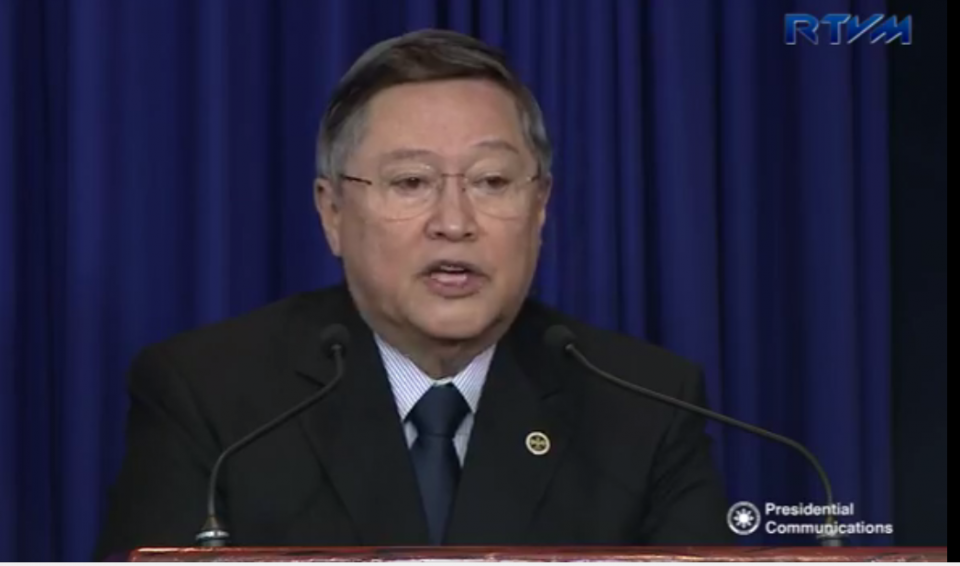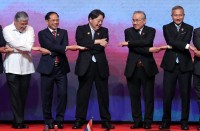
Finance Secretary Carlos Dominguez III underscored the urgency of harmonizing and constantly updating tax policies and administration practices across the Asia-Pacific region to combat tax evasion against the backdrop of an increasingly borderless world.
Dominguez cited, in particular, the cigarette manufacturing industry, where harnessing new tools for surveillance, the improved documentation of tax payments, and closer cooperation between tax and customs authorities are needed to check against tax fraud.
In the Philippines, Dominguez said the improved collection of taxes and enforcement of revenue-related laws resulting from the optimal use of these three imperatives have enabled the Duterte administration to nail down cigarette manufacturer Mighty Corporation on tax deficiency charges.
“As economic boundaries begin to fade in the face of globalization, and as corporations inevitably expand their operations to straddle political borders, it becomes urgent for countries and jurisdictions to constantly update policies and practices in order to prevent tax evasion. Governments are dependent on revenues. Globalization of business operations should not serve as a means to defraud governments or avoid liabilities,” Dominguez told tax experts in a recent speech read for him by Finance Undersecretary
Antonette Tionko before local and foreign tax administrators from various Asian countries.
Dominguez noted that in the Philippines, the government was able to collect P30 billion from Mighty Corp.’s offer to settle its tax liabilities and the sale of its assets to Japan Tobacco Inc. (JTI) owing to the joint drive by the Bureaus of Internal Revenue (BIR) and of Customs (BOC) against the erring cigarette firm, which Dominguez said led to the country’s biggest tax settlement ever from a single corporate entity.
“Cigarette manufacturing has always been a troublesome sector as far as collecting proper taxes is concerned. With new tools for surveillance, documentation of tax payments, and cooperation between tax and customs authorities, this should be a smaller problem in the future,” he said.
According to Dominguez, the concerted effort by the BIR and BOC against Mighty has now enabled the government to collect an extra P2 billion in “sin” taxes each month, with Mighty Corp.’s new owner–JTI–expected to pay some P40 billion in excise taxes starting 2018 or almost a third of the estimated P118 billion in projected annual revenue from tobacco products this year.
“At the moment, we are collecting more sin taxes than projected. This is a good sign. It is a tribute to the men and women of our revenue agencies,” Dominguez said. “I look forward to more accomplishments similar to the case of Mighty Corp. These accomplishments highlight the vigilance and professionalism of our revenue agencies.”
These taxes collected from “sin” products such as cigarettes go to improving health services for the country’s poor,” Dominguez said.
To further improve tax administration and enhance cooperation among tax agencies across the region, Dominguez emphasized the need to develop human resources along with utilizing advances in information technology.
“All of us should soon move to more intensive digital governance to ease the burdens of compliance and provide fast and efficient delivery of taxpayer service. It is important that we exchange notes on data analytics and best administrative practices,” Dominguez added.
(based on DOF release)







